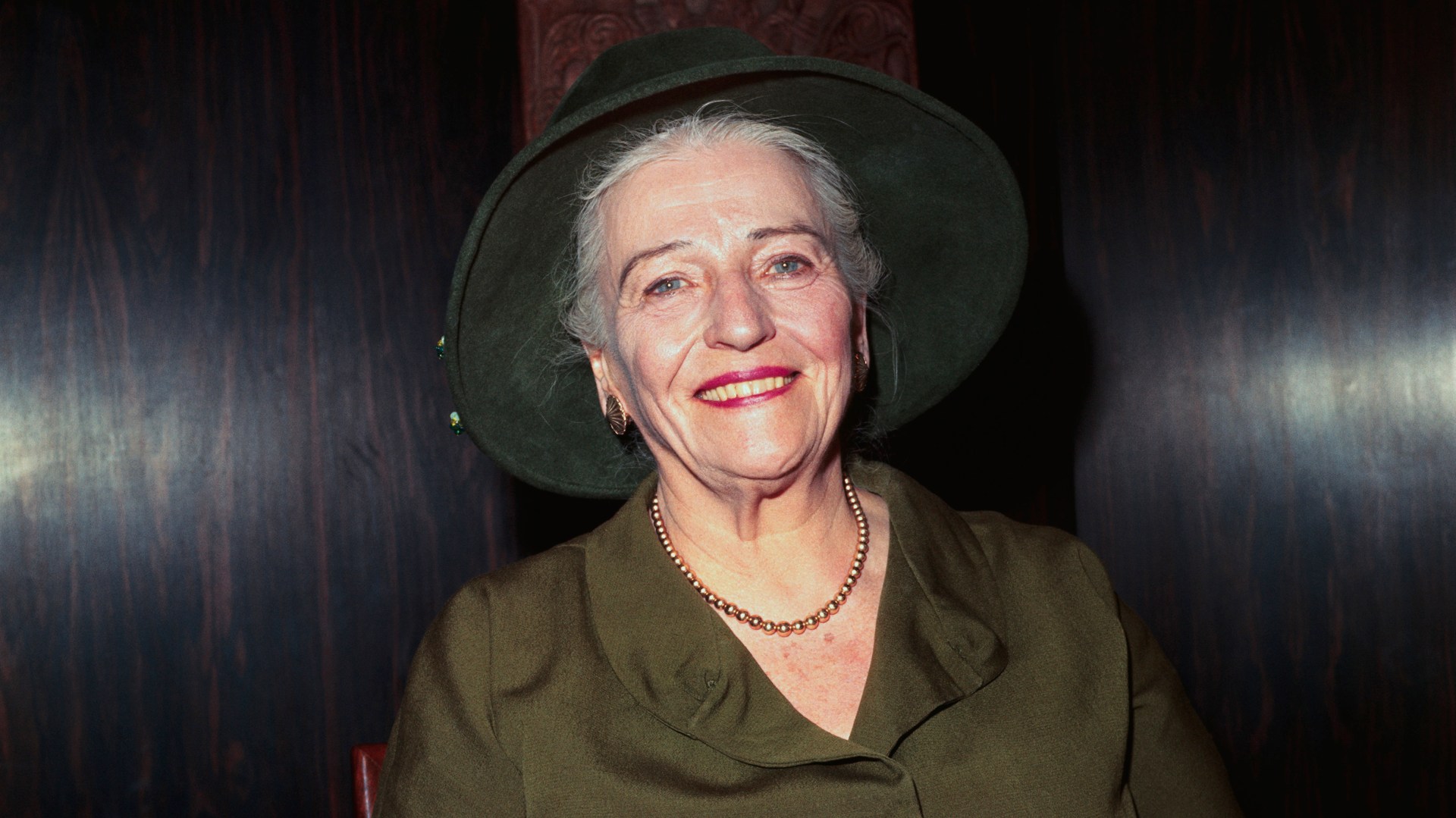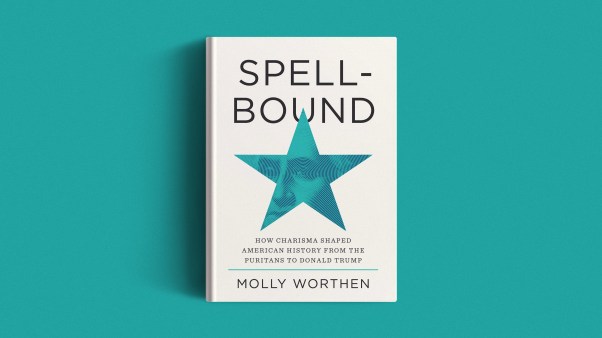"Global Christianity in the Modern World" is the theme of Wheaton College's McManis Lectures for 2001. It's a fitting theme for the beginning of a century in which the map of faith is sure to undergo massive revision.
Yesterday's McManis lecturer was Grant Wacker of Duke Divinity School, one of our finest historians of American religion, speaking on "The Waning of the Missionary Impulse: The Case of Pearl S. Buck." The story Wacker told is a fascinating one. Buck (1892-1973) was a woman of extraordinary energy and accomplishment, generous and tireless in doing good works, organizing, protesting—all the while managing a large family of adopted children. The first American woman to win the Nobel Prize in Literature, she wrote books that were read around the world; her novel The Good Earth sold more than four million copies, and her influence was immense. Wacker quoted biographer Peter Conn: "For two generations of Americans, Buck invented China."
For evangelical Christians, Buck's story is also sorrowful. The daughter of missionaries, raised in China, Buck herself was full of evangelical fervor in her youth (as her letters make clear), though she later tried to rewrite that part of her life, embarrassed by the reality. Sometime in her early twenties she began to feel increasingly sympathetic to China as it was, and increasingly critical of the missionaries bent on saving it. By the time of her 1932 speech, "Is There a Case for Foreign Missions?", which created a great stir, she had given up Christian faith.
It is easy to see in Buck's case the arc of mainline Protestantism worked out in a single life. But Wacker drew attention to nuances that prompt us to look more deeply. First, while not pretending to "explain" Buck's loss of faith, he noted the profound impact of her sadness and anger over the condition of her only natural child, Carol, born in 1921, who was severely mentally handicapped. Nine years later, Buck placed her daughter in a residential institution in New Jersey, where Carol would live for more than 60 years.
Second, Wacker noted that for Buck as for her missionary father, Absalom Sydenstricker, "truth mattered," absolutely. Although she rejected her father's faith, and wasn't oblivious to flaws in his character, she also revered him, and she preferred forthright believers to what she regarded as lukewarm types prevalent in the mainline, people who weren't really sure what they believed, if anything, and others for whom the church was simply a profession like any other, in which one naturally sought to get ahead.
A final reflection on Buck's life is sobering for comfortable evangelicals. Having given up her faith, and taken for her second husband (ending an unhappy first marriage) a militant atheist who was also her publisher and literary partner-in-arms, she spent decades fighting on behalf of the weak, the abused, the outcast. Her political judgments were unreliable, she was often downright wrong, but she lived with a sense of urgency—almost as if she still believed in the gospel. Do we?
Copyright © 2001 Christianity Today. Click for reprint information.
Related Elsewhere:
Read the preface to Peter Conn's biography of Buck.
Buck won the Nobel Prize for literature in 1938 "for her rich and truly epic descriptions of peasant life in China and for her biographical masterpieces." She was the first woman to win both the Nobel and the Pulitzer Prize.
Pearl S. Buck International is an organization that supports community development and adoption programs worldwide. The PSBI site allows you to volunteer or learn more about Buck..
View pictures of Buck's family from the Pearl S. Buck Photo Collection.
Christian History's Issue 52 focused on Missions in China with articles like:
Was It Worth It? | Western Protestants poured money and people into China for a hundred years. Did it make a significant difference? (Fall, 1996)
The Miracles after Missions | The missionaries are forgotten, but the prospects for Chinese Christianity have never looked better. (Fall, 1996)
"Unbecoming" Ladies | Women played a controversial but decisive new role in China missions. (Fall, 1996)









